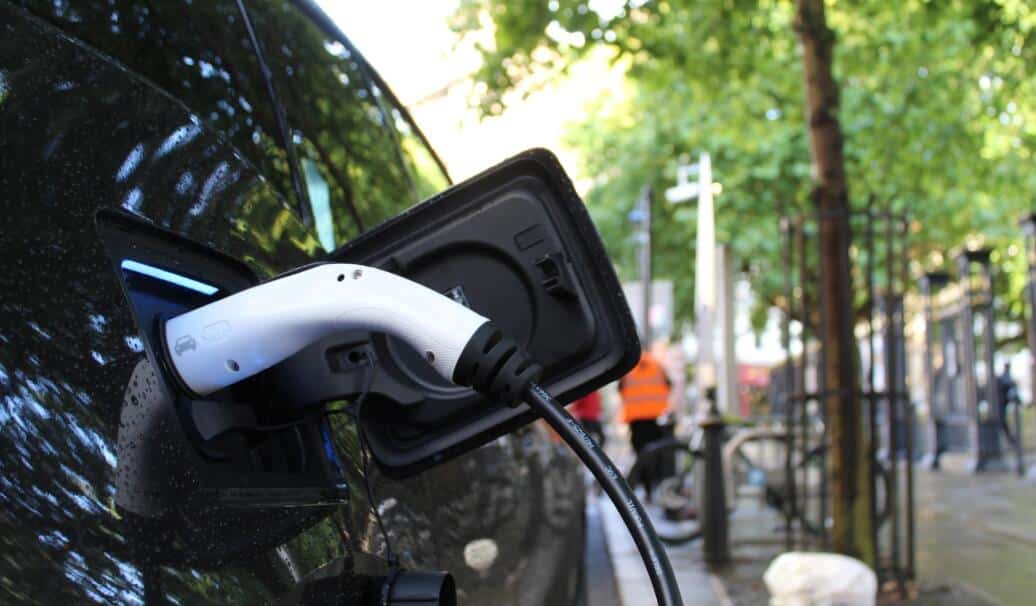While China's smart electric vehicles are developing rapidly, infrastructure development is also improving rapidly.
On June 18, the North-South Highway of the Wufeng Mountain Yangtze River Bridge in Jiangsu Province passed the acceptance test, marking the completion of the country's first "highway of the future", according to the local Jiangsu News.
The project has a total length of about 33 kilometers. It starts from the intersection of Beijing-Shanghai high-speed and Shanghai-Shaanxi high-speed Zhengyi hub, and crosses the Yangtze River to the south via Wufeng Mountain Yangtze River Bridge, ending at the intersection of Taizhen high-speed and Jiangyi high-speed Dagang hub.
As the first new eight-lane standard expressway in Jiangsu Province, it is the most convenient north-south crossing between Beijing, Tianjin, Hebei and Yangtze River Delta.
As the country's first "future highway", it uses 5G communication technology to promote the deep integration of BIM, big data, Internet of Things, cloud computing and other technologies with highway construction.
The "future highway" establishes a holographic sensing data collection and transmission system to make the road more intelligent and smart.
For example, the vehicle-road cooperation system has installed road test antennas along the road, which can exchange road information with vehicle terminals in real time, assist and control driving behavior, and support unmanned driving.
